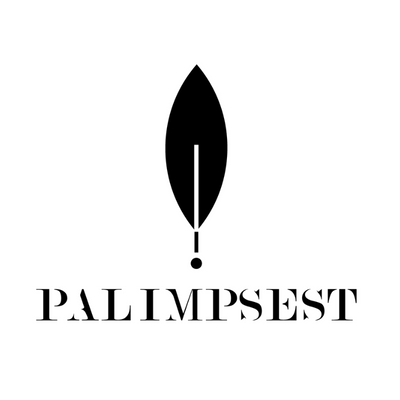PALIMPSEST takes inspiration from the original meaning of the Greek word παλίμψηστος (palimpsestos, ‘again’ + ‘scrape’), which describes the process of the writing practices over papyrus: existing text was scraped and washed off, the surface re-smoothed, and the new literary material written on the saved material. PALIMPSEST adopts this re-writing perspective and grounds it on a living heritage approach. PALIMPSEST envisages regenerating the lost “sustainability wisdom” underlying the production of heritage landscapes through the activation of co-creation processes involving creative actors, technical stakeholders and civic society. Here architecture, design and art practices will dialogue with place-specific needs and broad systemic challenges to imagine new scenarios and experiment with innovative practices connecting human actions, landscape heritage and sustainability objectives. Such experiments will envision novel Landscape Scenarios aiming at producing dedicated Landscape Services, inspired by the generation of beneficial outcomes on ecosystem functions, which the creative contribution of CCIs will empower. Human practices will arise as relevant agents of a new sustainable palimpsest process. PALIMPSEST will integrate the aforementioned Landscape Services in environmental-sensitive solutions with sustainable finance infrastructures to support the sharing and circulating of positive externalities at different levels among the landscape service actors and communities. PALIMPSEST revolves around three pilots with strong cultural identities and relevant environmental problems: Lodz (PL), a UNESCO city of films fighting the highest air pollution levels in Europe; Milan fringes (IT), traditional agricultural landscapes struggling with unsustainable water use; Jerez de la Frontera (ES), an Andalusian wine landscape and vernacular site challenged by renewable energy production facilities.
ICCS has the leading role in the dissemination and communication activities and it is also involved in the project through the Extended Reality division. Our research team aims to use the CirculAR augmented reality application to disseminate the sustainability of heritage landscapes, demonstrating landscape creation, empowering Culture and Creative Industries and also evaluating and validating engagement and user acceptance of proposed solutions and services. In addition, the CirculAR will support the visualization of various contents that will be prepared within the project where they will be supported by advanced functions (game, educational content, object detection, etc.). Finally, ICCS will contribute to replication and scalability activities.


